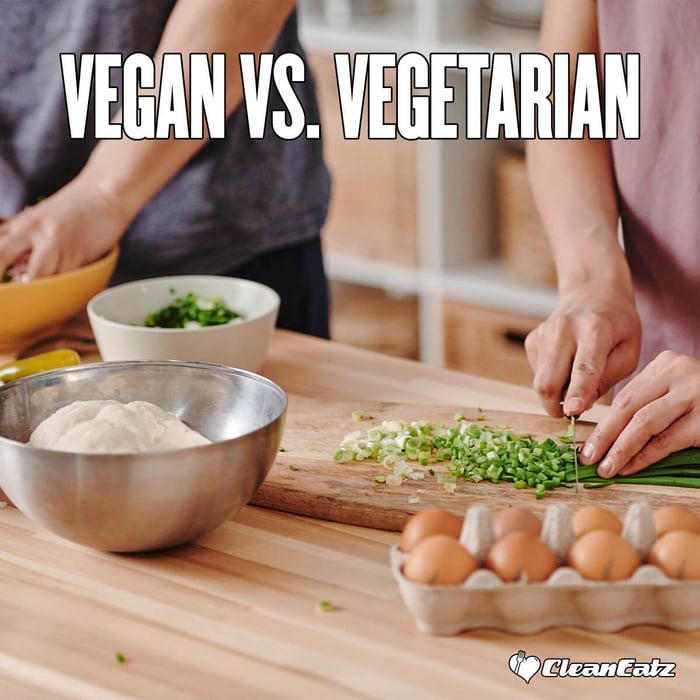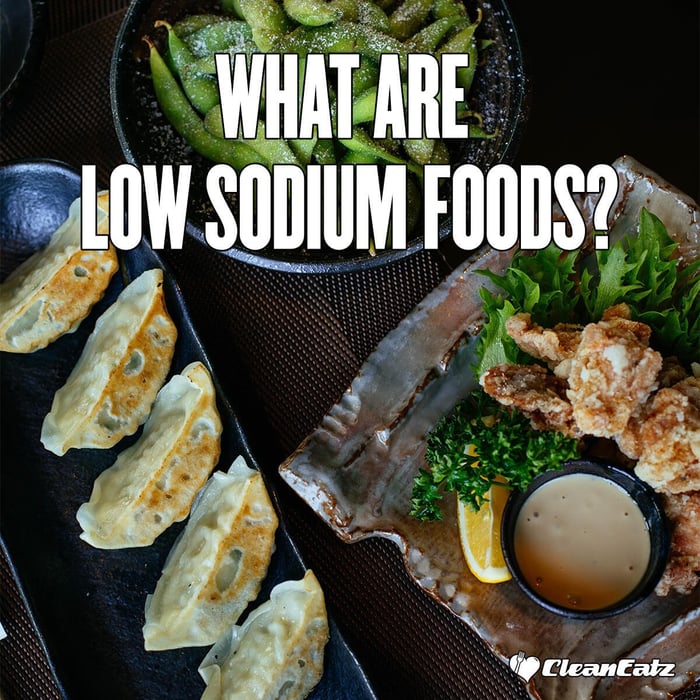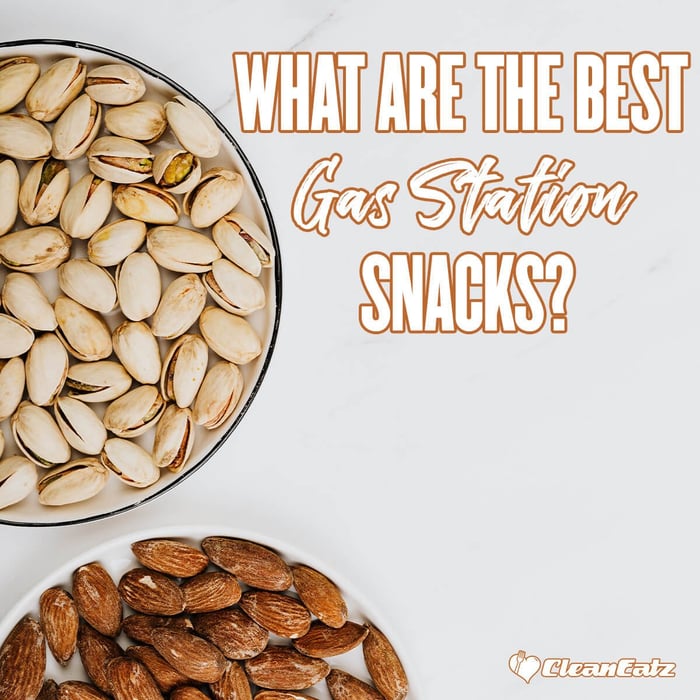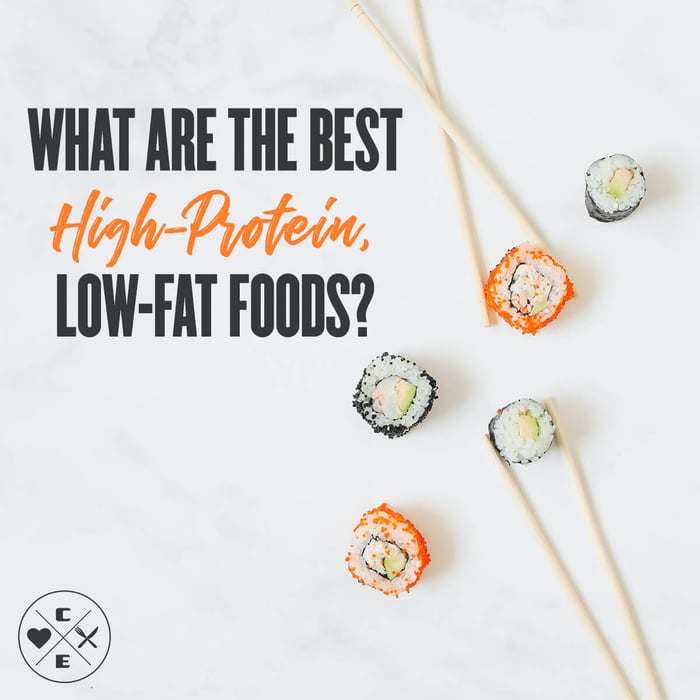Vegan vs. Vegetarian: Differences, Nutrition & Weight-Loss Tips

Jason Nista
Nutrition
|
Healthy Lifestyle
09/24/2025 10:57am
4 minute read
Updated: September 24, 2025
Vegan vs. Vegetarian: Key Differences, Nutrition Tips & Sample Menus
TL;DR
Vegetarian diets exclude meat and fish but may include dairy and/or eggs (lacto-ovo is most common). Vegan diets exclude all animal-derived foods (meat, fish, dairy, eggs, gelatin, honey). Both can support weight loss and overall health when planned well—prioritize protein (20–35g/meal), fiber, and minimally processed foods. Vegetarians often meet protein and B12 more easily; vegans should pay closer attention to B12, iodine, iron, calcium, vitamin D, and omega-3s.
Table of contents
- Quick definitions
- Pros & cons at a glance
- How to hit protein on plant-forward diets
- Nutrients to watch (and easy fixes)
- Which is better for weight loss?
- Sample 1-day menus (vegan & vegetarian)
- Readers also ask
- FAQs
Helpful reads: 10 vegetarian dinner ideas · NOVA food classification · How many calories should I burn a day?
Quick definitions
- Vegan: No animal-derived foods (meat, fish, dairy, eggs, gelatin, honey).
- Vegetarian (umbrella):No meat/fish. Common patterns:
- Lacto-ovo: includes dairy + eggs
- Lacto: includes dairy only
- Ovo: includes eggs only
- Plant-based: Emphasizes plants; may or may not be strictly vegan.
Pros & cons at a glance
- Vegan—Pros: Most aligned with minimizing ultra-processed meats; naturally dairy-free; easier to keep saturated fat low.
- Vegan—Watchouts: B12 source needed; be deliberate with protein density and omega-3s; easy to rely on refined carbs/UPFs if not planned.
- Vegetarian—Pros: Easier protein (Greek yogurt, cottage cheese, eggs); simpler to hit calcium, iodine, B12.
- Vegetarian—Watchouts: Cheese-heavy patterns can push calories/saturated fat up; still aim for minimally processed choices.
How to hit protein on plant-forward diets
Aim for 20–35g per meal. Mix these to cover amino acid needs over the day:
- Vegan: tofu/tempeh, edamame/soy milk, seitan, legumes (lentils, chickpeas, black beans), high-protein whole grains (quinoa, farro), plant protein powders.
- Vegetarian: all of the above plus eggs, Greek yogurt/skyr, cottage cheese, kefir, dairy milk.
Tip: If labels list mostly isolates/sweeteners/emulsifiers, it’s likely ultra-processed—use our NOVA guide to pick better options.
Nutrients to watch (and easy fixes)
- Vitamin B12: Fortified foods or a supplement (especially for vegans).
- Iron: Legumes, tofu, seeds, leafy greens; pair with vitamin C (citrus, peppers) to boost absorption.
- Calcium & Vitamin D: Fortified milks/yogurts; sunlight or D3 supplement as needed.
- Iodine: Iodized salt or seaweed (mind portions).
- Omega-3s: Chia, flax, walnuts (ALA) and consider an algae-based DHA/EPA supplement for vegans.
- Zinc: Beans, whole grains, seeds; soak/sprout/ferment to improve availability.
Which is better for weight loss?
Neither automatically causes fat loss—the winner is the pattern you can sustain. Successful plans share these traits:
- Protein anchor at each meal (20–35g) for fullness and lean-mass support.
- High fiber from veggies/legumes/whole grains to control calories per bite.
- Mostly minimally processed foods; limit sugar-sweetened drinks and fried items.
- Consistent structure: pre-planned meals you actually enjoy.
Sample 1-day menus (400–600 kcal meals)
Vegan day (~1,700–1,900 kcal target)
- Breakfast: Tofu scramble + veggies, 1 slice whole-grain toast, 1 Tbsp peanut butter.
- Lunch: Lentil-quinoa bowl (1 cup cooked each) + roasted broccoli + tahini-lemon sauce.
- Snack: Protein smoothie (unsweetened soy milk + plant protein + berries + chia).
- Dinner: Stir-fried tofu/tempeh + brown rice + mixed veg; finish with sliced fruit.
Vegetarian day (~1,700–1,900 kcal target)
- Breakfast: Greek yogurt bowl (1 cup) + berries + 2 tsp chia + granola sprinkle.
- Lunch: Egg/bean grain bowl (2 eggs + black beans + farro) with salsa/avocado.
- Snack: Cottage cheese + pineapple or an apple + string cheese.
- Dinner: Chickpea pasta + marinara + spinach + parmesan; side salad.
Make plant-forward eating easier with CEK
Want the “what’s for dinner?” part handled while you stay on track? Explore our healthy meal plans or build your own to keep protein and portions consistent, then add plant-based sides you love.
Readers also ask
Is vegan always healthier than vegetarian?
Not automatically. The biggest differences come from food quality and protein/fiber—not just the label. Choose minimally processed meals either way.
Do I have to combine proteins at the same meal?
No. Eat a variety of plant proteins across the day to cover amino acids.
Can I build muscle on a vegan diet?
Yes—hit total protein, use soy/seitan/legume combos or a quality plant protein powder, and progressively overload your training.
FAQs
What’s the main difference between vegan and vegetarian?
Vegetarians may include dairy and/or eggs; vegans avoid all animal-derived foods.
Which nutrients are hardest to get on a vegan diet?
B12, iodine, iron, calcium, vitamin D, and long-chain omega-3s. Fortified foods and/or supplements help.
Can either diet help with weight loss?
Yes—if you maintain a modest calorie deficit, keep protein and fiber high, and minimize ultra-processed foods.
Related reads: Vegetarian dinner ideas · NOVA classification · Calories to burn exercising
Related Articles
What Are Low Sodium Foods?
6 minute read
What Are the Best Gas Station Snacks?
4 minute read



